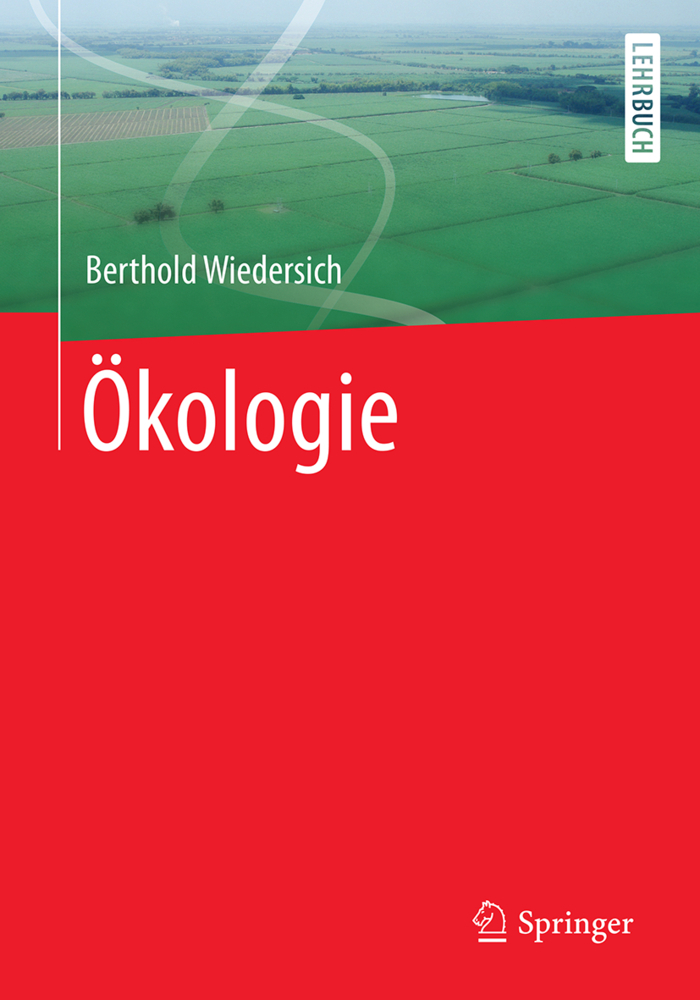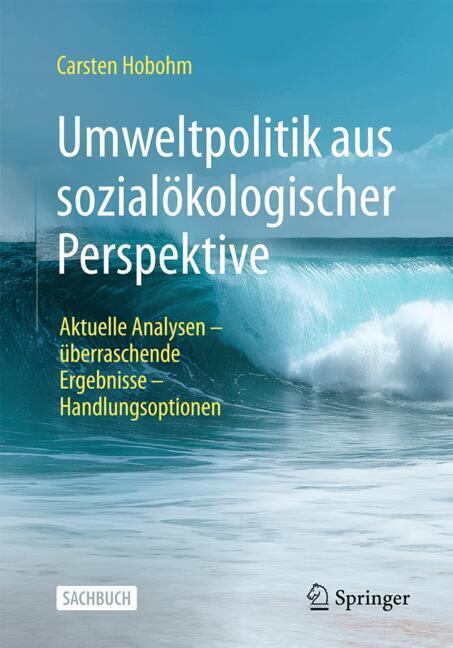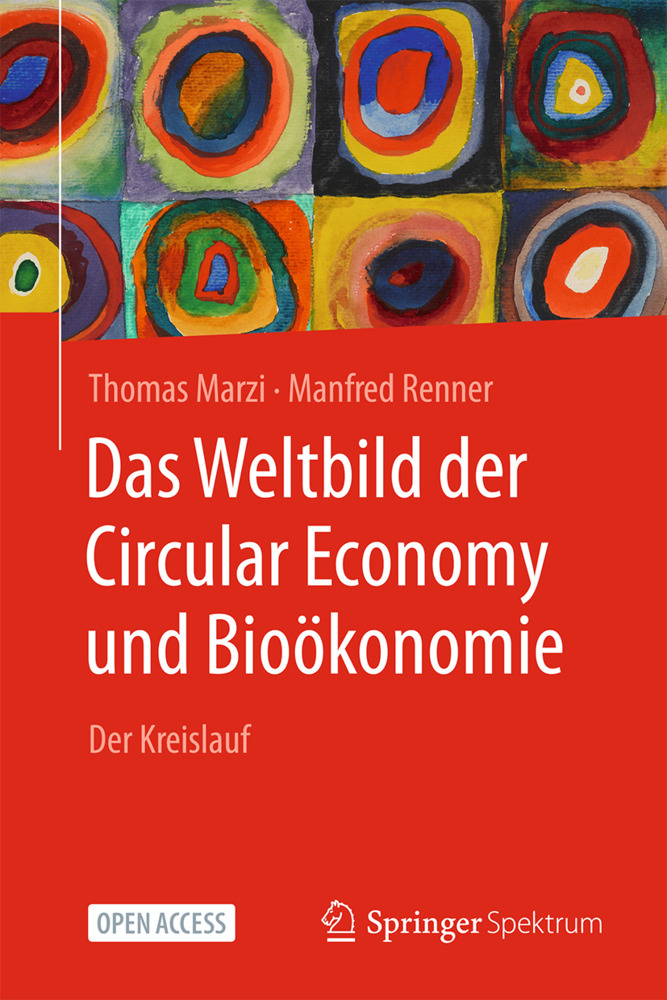Climate Change, Security Risks and Conflict Reduction in Africa
A Case Study of Farmer-Herder Conflicts over Natural Resources in Côte d'Ivoire, Ghana and Burkina Faso 1960-2000
Climate Change, Security Risks and Conflict Reduction in Africa
A Case Study of Farmer-Herder Conflicts over Natural Resources in Côte d'Ivoire, Ghana and Burkina Faso 1960-2000
Millionsof people are already affected by weather-related shocks every year in WestAfrica and climate change is highly likely to increase these threats. In thewake of climate change, rising temperatures, increasingly irregular rainfalland more frequent natural hazards will endanger the ways of life of vulnerablepopulation groups in this region and destabilize their human security. A surgein violence and conflicts could take place. One of the conflict constellationscould be between farmers and herders. These groups are highly vulnerable toclimate change due to their dependence on natural resources Millions of people are already affected by weather-related shocks every year in West Africa and climate change is highly likely to increase these threats. In the wake of climate change, rising temperatures, increasingly irregular rainfall and more frequent natural hazards will endanger the ways of life of vulnerable population groups in this region and destabilize their human security.A surge in violence and conflicts could take place. One of the conflict constellations could be between farmers and herders. These groups are highly vulnerable to climate change due to their dependence on natural resources for their subsistence. Furthermore, they are historically prone to enter into conflict over issues of access to natural resources. However, social, economic and political circumstances fundamentally influence environmental conflicts. There might thus be opportunities to face the societal challenges of climate change in a peaceful way and the political and institutional framework could play an important role in reducing conflict and violence. In order to explore such a path, this study analyses the potential of political factors (policies and institutions) for the reduction of climate-change-induced or aggravated conflicts between farmers and herders. After a theoretical demonstration, a case study of agro-pastoral conflicts in Burkina Faso, Côte d'Ivoire, andGhana is conducted. theirsubsistence. Furthermore, they are historically prone to enter into conflictover issues of access to natural resources. However, social, economic andpolitical circumstances fundamentally influence environmental conflicts. Theremight thus be opportunities to face the societal challenges of climate changein a peaceful way and the political and institutional framework could play animportant role in reducing conflict and violence. In order to explore such apath, this study analyses the potential of political factors (policies and institutions)for the reduction of climate-change-induced or aggravated conflicts betweenfarmers and herders. After a theoretical demonstration, a case study ofagro-pastoral conflicts in Burkina Faso, Côte d'Ivoire, and Ghana is conducted.
Literature Review: Causal Linkages between Environmental Change and Conflict
Part 2: Theoretical Background: The Importance of Political Factors in a precarious Human and Environmental Security challenged by global, regional and local Environmental Changes
Theoretical Prisms: Human and Environmental Security and Conflict Reduction
The Role of Political Factors in Undermining or Maintaining Environmental and Human Security in a context of Climate Change
Part 3: Case Study: Farmer-Herder Conflicts in Burkina Faso, Côte d'Ivoire and Ghana
Background Information
Methodological Approach to the Case Study
Study of the three Research Hypotheses in the three selected Countries.
From the Contents: Part 1: The climate induced Degradation and increased Scarcity of Resources as Factors challenging security
Introduction into current Climate Change, Conflict Concerns and Farmer-Herder ConflictsLiterature Review: Causal Linkages between Environmental Change and Conflict
Part 2: Theoretical Background: The Importance of Political Factors in a precarious Human and Environmental Security challenged by global, regional and local Environmental Changes
Theoretical Prisms: Human and Environmental Security and Conflict Reduction
The Role of Political Factors in Undermining or Maintaining Environmental and Human Security in a context of Climate Change
Part 3: Case Study: Farmer-Herder Conflicts in Burkina Faso, Côte d'Ivoire and Ghana
Background Information
Methodological Approach to the Case Study
Study of the three Research Hypotheses in the three selected Countries.
Cabot, Charlène
| ISBN | 978-3-642-29236-1 |
|---|---|
| Artikelnummer | 9783642292361 |
| Medientyp | Buch |
| Auflage | 1st ed. 2017 |
| Copyrightjahr | 2016 |
| Verlag | Springer, Berlin |
| Umfang | XXXIV, 190 Seiten |
| Abbildungen | XXXIV, 190 p. 36 illus., 30 illus. in color. |
| Sprache | Englisch |








